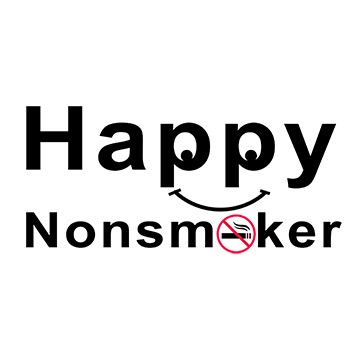We frequently use willpower in our daily activities, either to do or refrain from doing something that we believe will be good for us. In either case, we utilise willpower to make a change even though we don’t really want to.
We’ll define willpower and discuss how it pertains to quitting smoking in this post.
Willpower – what is it and what does it mean to you?
According to the Oxford English Dictionary, it means:
will·pow·er
Willpower is a noun; willpower is also a noun.
control is the action or urges restraint of something.
Simply put, you are exercising willpower if you are striving to inhibit an urge to do something or control yourself.
A good illustration would be making yourself go for a run when you would much prefer to unwind in front of the TV watching Netflix. You must use self-control to put your running shoes on, open the door, venture outside in the chilly air, and begin moving.
Your mental state is the only difference!
Going for a run will be a simple option if your experience with it is that you love being outside, and you get a rush of energy when you do it, it helps to control your asthma, and it has helped you meet tonnes of cool people at your running club or the local park.
On occasion, you might not feel like doing something, but for the most part, you just get up and go. Willpower is not necessary to persuade you to leave the house.
But if you find that jogging hurts your legs for instance, or restricts your breathing, or even makes you feel slow, your neighbor’s dog pursues you constantly and generally interferes with other activities you’d rather be doing, you’ll need to fight the urge to stay in.
Food is another excellent illustration.
If you disliked a food such as ox tongue, or liver and you were offered it on a plate, you would refuse it because you not only dislike it, you don’t see how anybody gets any enjoyment from eating a tongue or a liver!
Now consider a dish that you dislike. How much willpower would you need to refrain from eating it? None, as you don’t like it and don’t think it has any utility.
How smoking and willpower are related
Let’s apply the aforementioned illustrations to smoking.
If you consider smoking as something you enjoy, helps you unwind, relieves stress, gives you time to yourself, improves social interactions, or has any other perceived benefits, you’ll probably keep smoking without giving it a second thought. You must exercise self-control if you want to stop smoking because these favourable impressions overwhelm any bad ones, as does the fear of life without it, which many smokers feel they suffer from.
These perceptions are absent in nonsmokers. A non-smoker won’t use willpower to stop themselves because they won’t regard smoking as unworthwhile, risky, a waste of money, bad for their health etc.
The words of many smokers are, “But I’m really addicted to nicotine.” There is a physical dependence on nicotine, but this dependence pales in comparison to your psychological dependence on smoking.
Willpower is used to stop smoking in many instances but it doesn’t have to used!
Because most smokers employ willpower-based techniques to stop, such as patches, gums, vapes, laser treatments, pills, cold turkey, etc., this is the main reason why individuals will tell you that stopping smoking is difficult.
Using any of these strategies requires willpower because none of them address your psychological link with smoking. A nicotine patch or nicotine gum doesn’t really go with your morning coffee, does it?
Of course, using these techniques helps a small number of people stop smoking, which is excellent, but they rarely make the process simple or fun, which accounts for their very high failure rate.
If you believe the claims of the makers that smoking relaxes you, relieves stress, relieves boredom, helps you deal with your everyday problems, is a fun activity, and is a habit you can’t imagine living without, stopping smoking will be extremely tough and require a lot of willpower.
I am aware that stopping smoking is simple, however, only once the apparent advantages or false illusions of pleasure and anxiety associated with living without tobacco are removed. Reliance on willpower vanishes after that is done and you just perceive the advantages of quitting.
You need to alter your perspective so that you may stop viewing smoking through the lens that the makers have misled you into believing it to be through advertising.
The Simply Easy Method requires ‘no willpower’ to help you stop smoking!


0 Comments